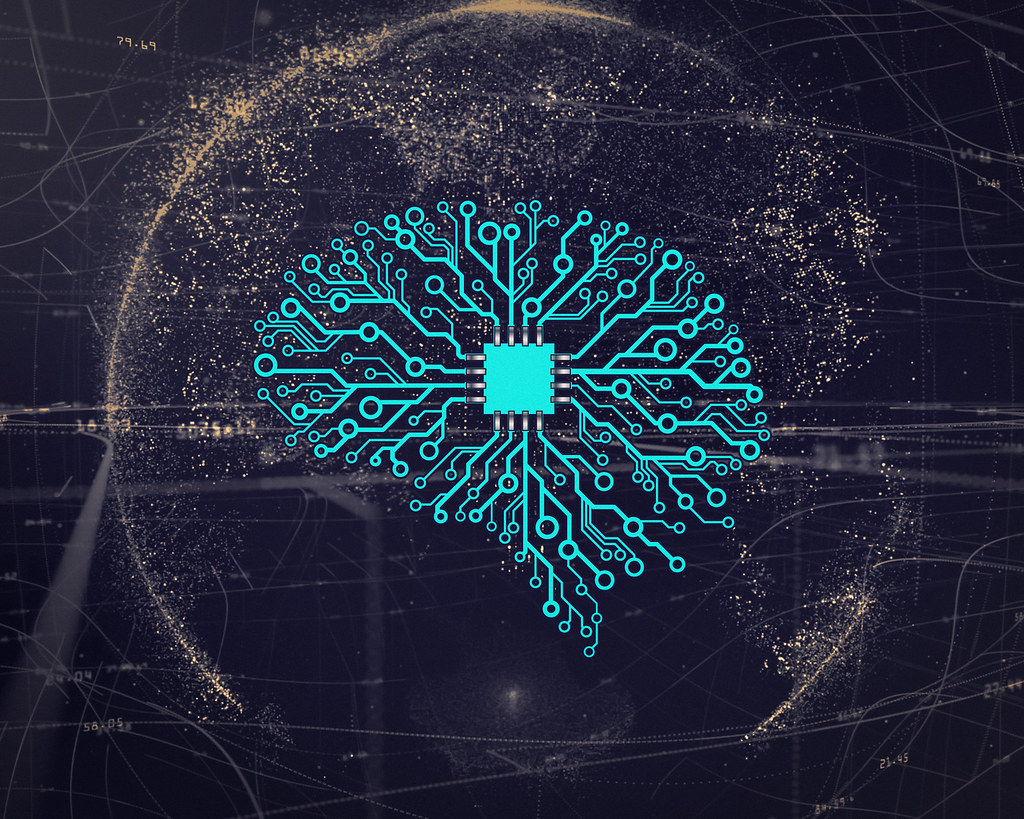Impact of AI on White Collar Jobs: A Look into the Future
Artificial Intelligence (AI) has made significant advancements in recent years, revolutionizing various industries and transforming the way we live and work. There are some remarkable advancements made in AI, particularly in the field of Natural Language Processing (NLP) and Machine Learning (ML). These developments have led to the evolution of AI powered conversational chatbots, resulting in the creation of ChatGPT and Google Bard. And these chatbots have been surpassing human capabilities in various tasks, if not exaggerating. The rise of these intelligent AI chatbots have sparked a debate about the future of white collar jobs and the potential ramifications for human workers.
Impact of AI powered ChatGPT & Bard

The advent of ChatGPT and Bard has brought a new wave of intelligent automation. AI algorithms have become more sophisticated and capable of performing complex tasks. These chatbots have brought a new revolution in human-machine interaction. They have become more intelligent than ever before, leveraging refined algorithms and vast amounts of data to provide accurate and comprehensive responses. In some specific domains, it won’t be overstating that AI has surpassed human intelligence.
These chatbots can handle a wide range of tasks, from customer service and information retrieval to creative writing and content generation. They can understand and respond to natural language queries, engage in conversations, and provide meaningful insights and suggestions. This has the potential to reduce the need for human customer service representatives in certain areas.
Jobs at Risk: The White Collar Revolution
While AI’s impact on blue collar jobs has been widely discussed, the rise of AI chatbots brings white collar professions into focus. Several job sectors are at risk of being affected by AI automation. Routine and repetitive tasks that involve data analysis, pattern recognition, and rule-based decision-making are more susceptible to being automated. Administrative tasks, data entry, and basic accounting functions could be automated by AI systems in recent future. Similarly, professions such as paralegals, financial analysts, and medical diagnostics may see some impact as AI algorithms become more proficient in data analysis and pattern recognition.
However, it is important to note that while AI chatbots can automate repetitive tasks, they still lack the emotional intelligence and nuanced understanding that humans possess. Certain complex or sensitive customer interactions may still require human intervention.
It could be said that AI is more likely to augment human workers rather than completely replace them. Human expertise, creativity, and emotional intelligence still play crucial roles that AI cannot fully replicate.
Also read: Who invented Rubik’s cube? | How to solve Rubik’s Cube? | Tutorial
Navigating the Future: Cautions and Considerations

While AI presents numerous opportunities for efficiency and innovation, there are concerns about its potential negative impact. AI systems should be designed to augment human capabilities rather than replace them entirely. Striking a balance between AI and human labor is essential to ensure a sustainable future that benefits both technology and workers.
Taking AI Warnings Seriously
Notable figures in the AI field have voiced concerns about the rapid advancement of AI and its potential consequences. They caution against the unchecked development of AI without proper regulations and safeguards in place. Their concerns range from the loss of human jobs to the ethical implications of AI development.
Their warnings serve as a reminder that while AI has the potential to bring immense benefits, we must proceed thoughtfully and responsibly to mitigate any negative impacts.
Regulations and Ethical Considerations

To ensure a responsible and ethical integration of AI, regulations must be in place to govern its use. Transparent algorithms, data privacy, and accountability are critical aspects that should be addressed. Governments, industry leaders, and AI researchers should collaborate to develop frameworks that address issues such as job displacement, bias in AI algorithms, and accountability for AI systems.
Additionally, fostering a culture of continuous learning and reskilling can empower individuals to adapt to the changing job landscape. The focus should be on developing skills that complement and leverage AI capabilities, such as critical thinking, creativity, problem-solving, and emotional intelligence. By embracing a proactive approach to adapt to the changing landscape, individuals and organizations can thrive in the AI-powered future.
In conclusion, the rise of AI and its potential impact on white-collar jobs is a topic of great significance. While AI-powered chatbots have demonstrated impressive capabilities, it is unlikely that AI will completely replace white-collar jobs any time soon. However, certain tasks within various job sectors may be automated, necessitating a shift in job roles and skill requirements.
It is vital to approach AI implementation with caution, consider the warnings of AI pioneers, and establish regulations and ethical guidelines to ensure the responsible and beneficial use of AI technologies. By harnessing the power of AI while preserving human intelligence and creativity, we can shape a future where humans and AI work together harmoniously.


2 thoughts on “Impact of AI on White Collar Jobs: A Look into the Future”